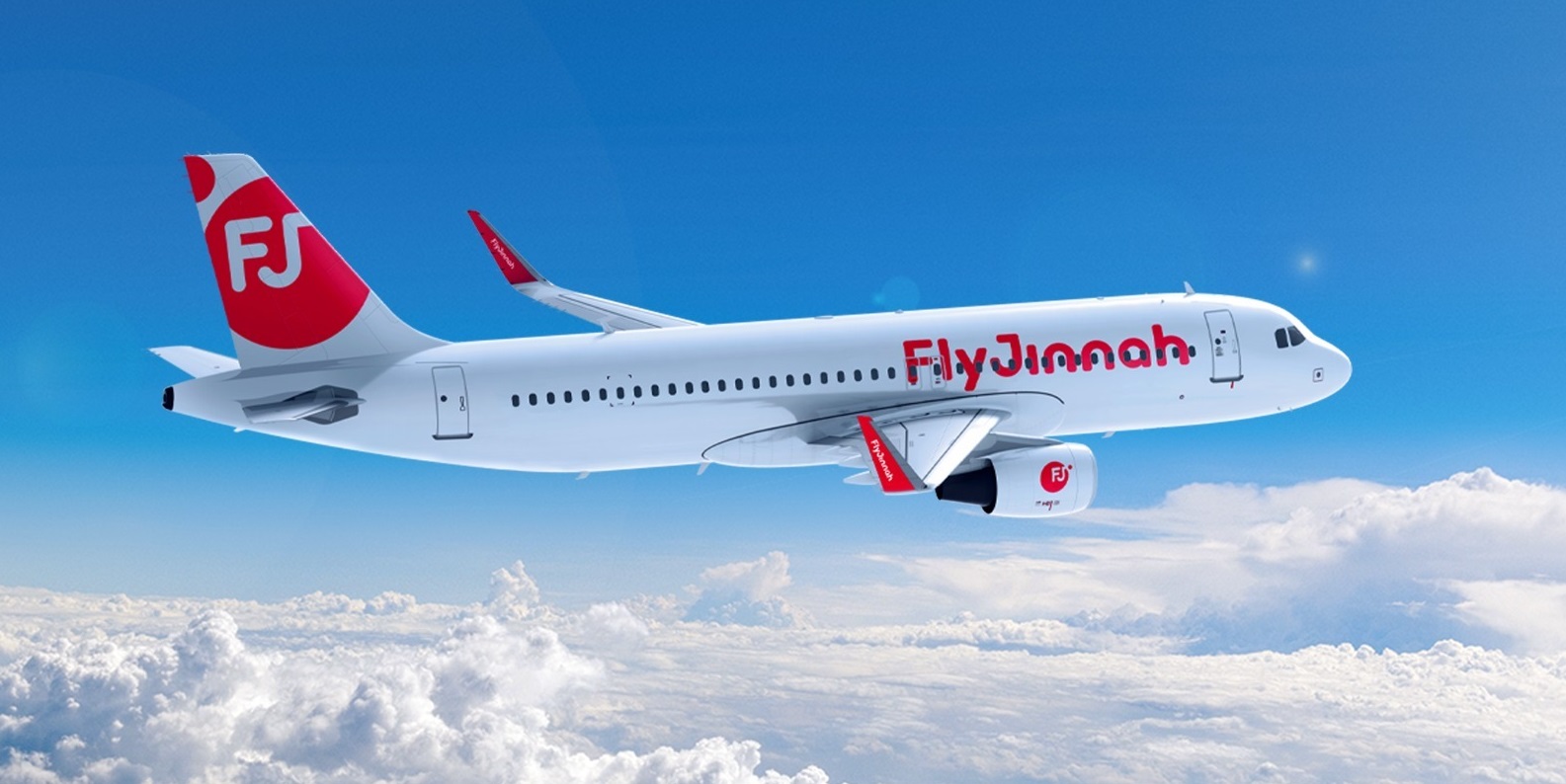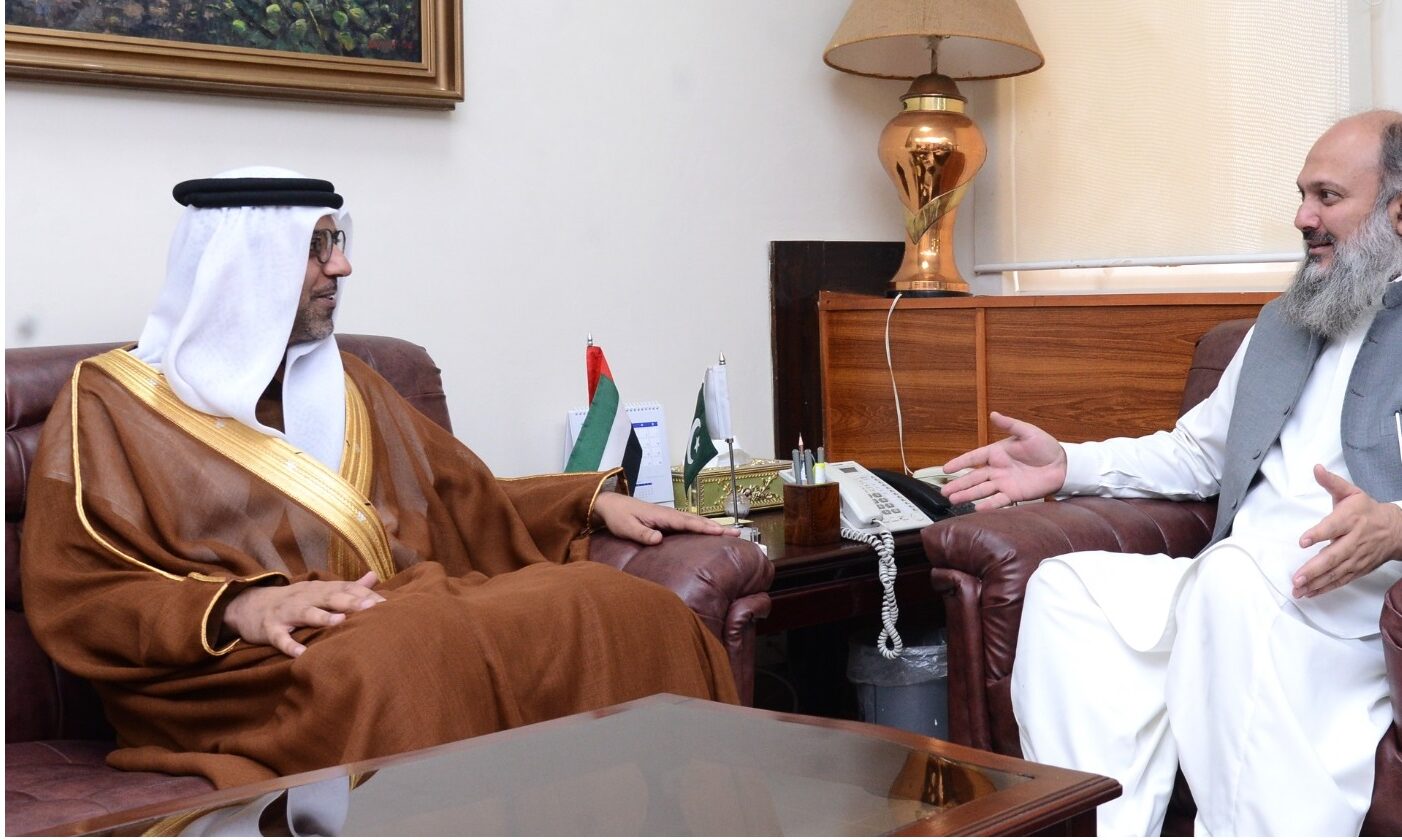Karachi, October 28, 2020: The Covid-19 pandemic has accelerated banks’ journey towards becoming truly digital, but lack of infrastructure development and regulatory hurdles may hinder second wave of the technological advancement in the financial sector in Pakistan.
There is a threat the country may lose momentum towards sustaining the growth achieved in the remote banking if stakeholders’ concerns remained unattended in the country, experts and industry officials said at a one-day summit on ’18th Innovative – Diebold Nixdorf Future Banking 2020′ international conference organized by Total Communications.
The pandemic has helped providing access to the digital banking to existing customers. However, situation hindered expediting financial inclusion, meaning providing banking services to the unbanked people especially in remote areas, they added.
Shahrjeel Shahid, Group Executive Digital Banking, UBL, said the financial sector is yet to make use of digital channels easier for large sections of the society and accelerate the much needed growth in financial inclusion. “We are yet to come up to expectation…to meet financial needs of unbanked people in Pakistan,” he said.
The financial sector may achieve next level of growth in the electronic payment system “if NADRA (National Database and Registration Authority) allows APIs (Application Programming Interface to access its database) to double check whether the online users have given correct information to financial institutions,” Syed Adnan Ali, CEO, Avanza Premier Payment Services said.
“The use of the NADRA’s interface programme would also help financial sector to detect cyber frauds before they take place,” Qasif Shahid, CEO and Co-Founder at FINJA said, and elaborated the Authority has provided APIs to only big names in the industry, while a large number of other Fintechs were still waiting for the access despite repeated requests.
Naureen Hyat, Co-Founder, Tez Financial Services, agreed with the co-speakers on NADRA’s APIs issue and urged authorities to reduce cost of financial transactions through digital channels to reduce the nation’s reliance on hard cash. “There is a need to make digital payment cheaper to accelerate for next wave of digitalization,” she said.
Ammara Masood, President and CEO National Data Consultants urged upon stakeholders to invest in infrastructure development “to hit second wave of digitalization financial services in Pakistn.”
Asif Jafri, CEO, Eocean said 50 percent of the customers, who had switched over to digital banking channels to remain safe during peak Covid-19 crisis, have returned to physical counters in banks. “WhatsApp has remained the single largest socializing application around the globe. Financial institutions need to use the application to expedite digital banking like some of the institutions have already done,” he said.
Habib Hanna, Managing Director, Diebold Nixdorf, Middle East, said in his online address that “we have innovated ATM machines which has enabled customers to use it through smartphones to withdraw and deposit cash. The technology has been innovated keeping in view Coronavirus challenges of making minimum physical contacts to remain safe from the disease,” he said.
Naveed Ali Baig, CEO, Innovative, suggested financial institutions to adopt hybrid banking – mix of physical and digital banking – as neglecting hard cash may create a chaos in the event of likely or unlikely cyberattacks.
Pakistan has remained victim of cyberattacks. “Scandinavian countries have returned to printing cash to avoid the chaos,” he said.
Besides, a number of international speakers also spoke in the one-day conference.









